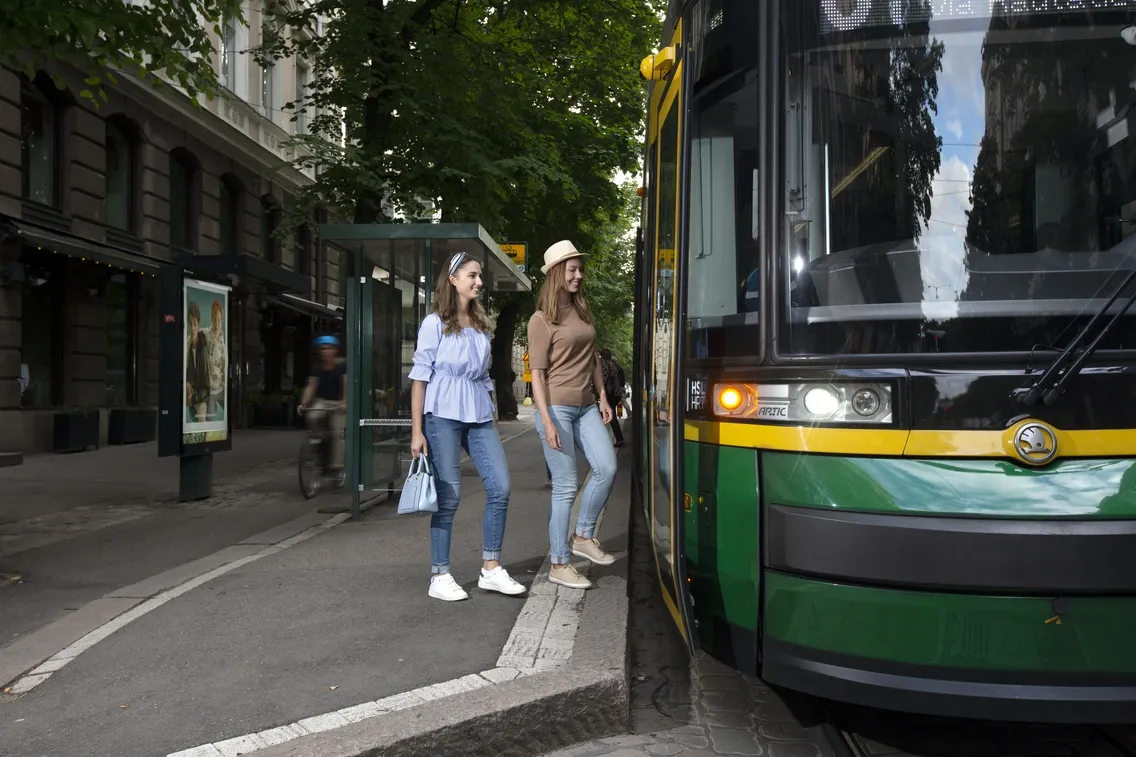Finland-headquartered Confidex has launched a new family of limited-use contactless tickets with extended memory and increased security features.
February 3, 2012
Read time: 1 min
Finland-headquartered 946 Confidex has launched a new family of limited-use contactless tickets with extended memory and increased security features.
The Confidex SafeRide product family uses NXP's new MIFARE Ultralight C as the chip of choice. It has 192 bytes of memory and offers enhanced protection from counterfeiting. With 3DES, the chip uses a widely adopted open standard for authentication, enabling easy integration in existing contactless ticketing infrastructures. The extended memory enables transit operators to incorporate new services, like Park&Ride, into the same limited-use ticket.
"Contactless technology is the de facto selection for any new fare collection solutions," says Confidex VP of product management, Petteri Lavikko. "The adoption of contactless tickets for limited use is also growing very rapidly. The benefits of faster and more reliable transactions for commuters, combined with RFID technology's security and flexibility to develop new fare schemes, provide a value proposition that meets the demands to serve growing mass transit passenger volumes."
The Confidex SafeRide product family uses NXP's new MIFARE Ultralight C as the chip of choice. It has 192 bytes of memory and offers enhanced protection from counterfeiting. With 3DES, the chip uses a widely adopted open standard for authentication, enabling easy integration in existing contactless ticketing infrastructures. The extended memory enables transit operators to incorporate new services, like Park&Ride, into the same limited-use ticket.
"Contactless technology is the de facto selection for any new fare collection solutions," says Confidex VP of product management, Petteri Lavikko. "The adoption of contactless tickets for limited use is also growing very rapidly. The benefits of faster and more reliable transactions for commuters, combined with RFID technology's security and flexibility to develop new fare schemes, provide a value proposition that meets the demands to serve growing mass transit passenger volumes."









